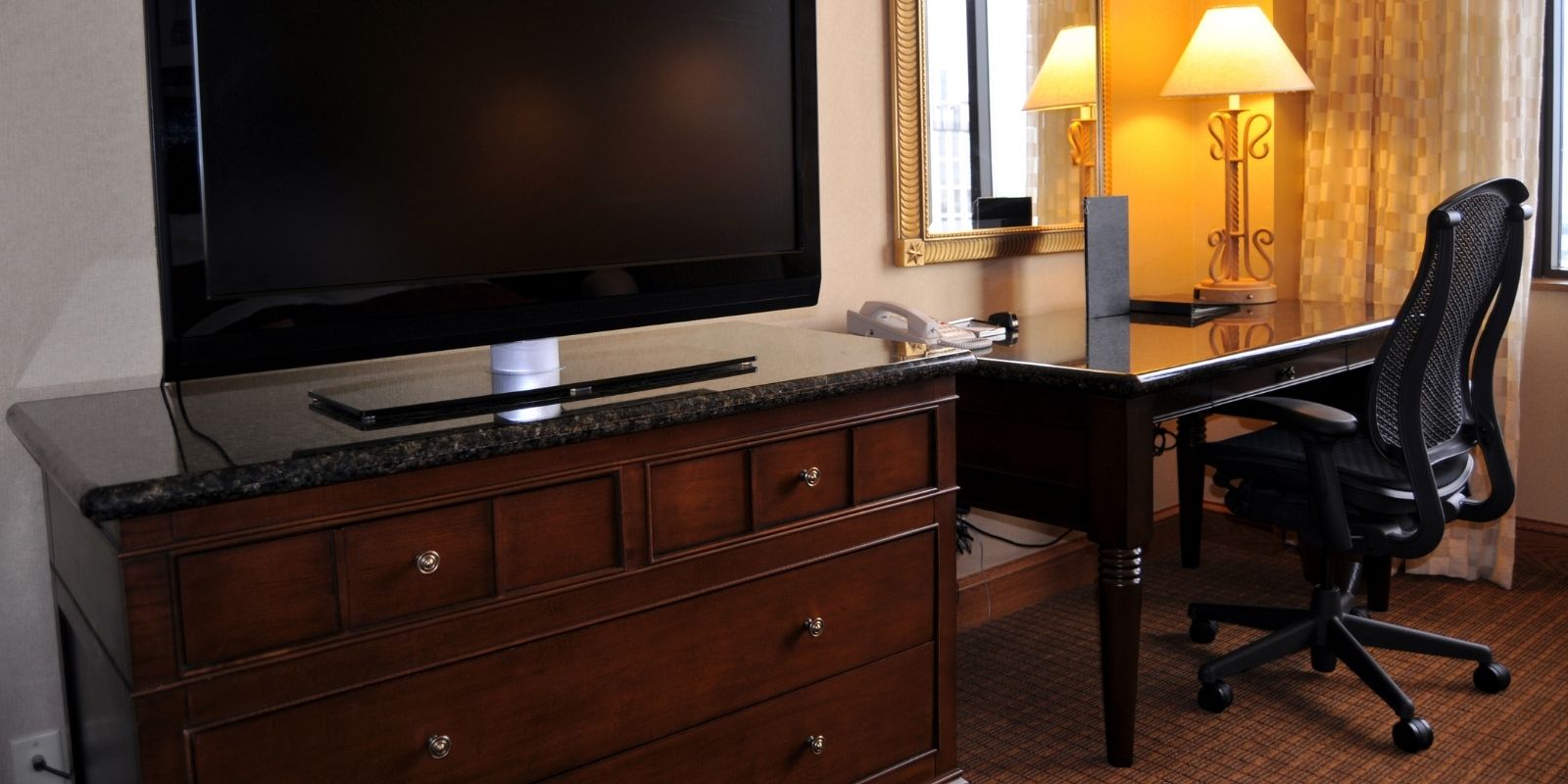It’s good news that hotels and other travel accommodation places have reopened, but one of the main challenges they have is demand – although people have extremely limited options to travel abroad, even holidaying in the UK is not necessarily an inviting choice either, what with some restrictions still in place for large venues like theatres, museums and other tourist attractions. Also there are people who are still concerned about safety.
Here are 8 ways to promote your hotel or other domestic travel accommodation, addressing the current challenges and concerns and to encourage people to take a staycation.
- Provide peace of mind
Assure people that you follow government advice and guidelines, regarding the health and safety of your customers and staff. If you have a website (which you really should!), make it clear on your homepage that you have procedures in place to ensure people’s safety is paramount. Make it easy for visitors to your site to find and read information on how you manage this. - Show the benefits of holidaying in the UK
Many people prefer holidays overseas than here in the UK, but at the moment are not able to or have very limited choice, so take this opportunity to show them how holidays in the UK can be just as much, if not more fun and a lot less hassle. Remind people of how the UK has so much to offer, with its history, different cultures and exciting places to visit. Have a section of your website dedicated to places in and around your location. Also remind them that no tests or quarantine is required, and no waiting in long queues at airports. - Identify your target market and make sure you attract them
Target your marketing towards people you WANT to attract, e.g. if it’s families, then make sure they can find out from your website and social media about places to take kids. If it’s people with dogs, list the places they can visit that allow dogs e.g. local pubs/restaurants and great places to walk them. If it’s people with a lower budget (if you run a budget hotel), tell them about the latest deals and offers for meals out and local attractions.
- Partner with local tourist attractions and other venues
Speak to the owners and managers of local places that your customers can visit – bars, restaurants, museums, independent shops – wherever people might go while staying at your accommodation. Discuss ways you can encourage your customers to visit their establishments and what exclusive deals they’ll provide that you can offer your guests. - Have a repeat guest and referral scheme
Think about ways you can encourage your customers to recommend you to their friends and acquaintances. Perhaps give them a ‘bring your friends’ voucher, that gives a reward or money off their next stay – for both them and their friends they bring with them next time. - Ask them to tag you on their social media
74% of travellers use social media whilst travelling. Ask if they use social media e.g. Instagram to post their holiday photos and if they’d tag your place in a post. Most people won’t mind doing this at all, especially if you have had friendly chats with them and got to know them a bit. Also let them know that posts with a location tagged get 75% more engagement! If they do tag you in, comment on the post, thanking them. - Ask your staff for input
Talk to your staff about what they believe guests enjoy about your hotel/accommodation and the local area. It is them who most likely speak to guests more than anyone else and have the knowledge of what places are popular with people. What you think is a good attraction/incentive might be totally incorrect! - Extra revenue streams
Take advantage of the current advice on working from home/away from the office by promoting that you offer a great place to stay and work, with rooms that have comfortable work areas (a desk and office chair), good views, super fast wifi and room service.
Something good to come out of all this is that you’ll perhaps have had more time to focus on your marketing and approaches, that embrace new ways people holiday, different lifestyles and new technology.




Your point of view caught my eye and was very interesting. Thanks. I have a question for you. https://www.binance.info/ru-UA/join?ref=V2H9AFPY